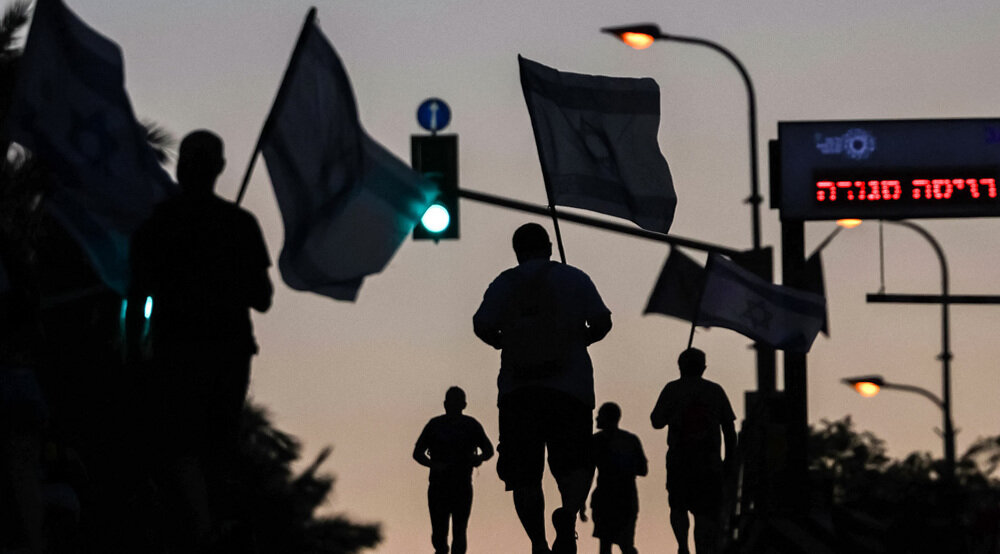Tehran slams Western double standards on mass protests in occupied lands

TEHRAN- The spokesperson for Iran’s Foreign Ministry has blasted Western media for their inaccurate reporting of large-scale rallies throughout the Israeli-occupied territories, stating while huge demonstrations are regularly held in occupied lands Western networks exaggerate turmoil in other parts of the world.
“We are witnessing the continuation of months-long protests, strikes and paralyzing demonstrations attended by hundreds of thousands of people across the occupied territories,” Nasser Kanaani stated in a series of tweets on Sunday.
He said that the Zionist regime’s security forces brutally put down protests throughout the occupied lands and that the precise number of those killed, injured, or detained as a result is still unclear.
“The Western media empire, turning a blind eye on repression and violence against protesters just as maintaining a blackout on the murder and suppression of Palestinians by Zionists, portrays such protests as a symbol of bogus democracy in Israel,” he noted.
Kanaani went on to argue that while the same media outlets cover minor gatherings and protests in a nation not aligned to the West in great detail under the blatant lie that they are defending freedom of expression and human rights, they characterize unrest, chaos, violence, and destruction as protest and revolution.
On July 15, protesters rallied across Israel for the 28th weekend of demonstrations against the judicial overhaul, with political tensions ratcheting up as the far-right government coalition speeds ahead with legislation to weaken the courts’ powers.
The goal of the so-called “judicial overhaul” plan is to deny the Israeli Supreme Court the ability to overturn political decisions made by the ruling party.
Additionally, it aims to give the Israeli regime more control over the selection of judges for the court.
Supporters claim that the proposal will put a stop to decades of judicial overreach, while detractors believe that it will do away with important restraints on political authority.
The Israeli regime Prime Minister, Benjamin Netanyahu, who is on trial for many counts of corruption, has also been accused by detractors of seeking to use the plan to overturn potential convictions.
The Knesset approved the first reading of the extremely contentious and divisive legislation last week despite the persistent protests. Before being signed into law, the bill needs to pass two further readings.
Protesters have pledged to continue organizing massive protests until the regime agrees to abandon the plan.
Netanyahu called a halt to his efforts to get the proposal passed by the Knesset in late March after being confronted with ferocious protests and a wave of widespread industrial actions in favor of those protests.
